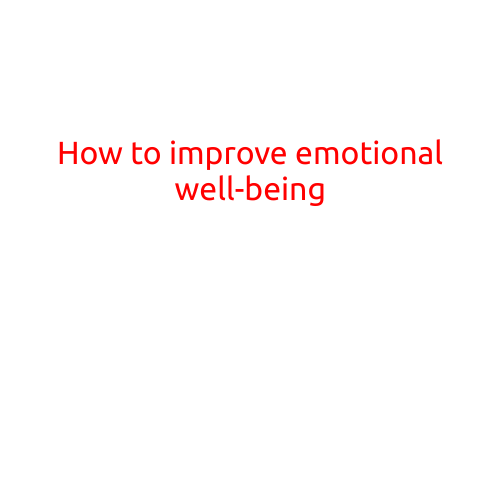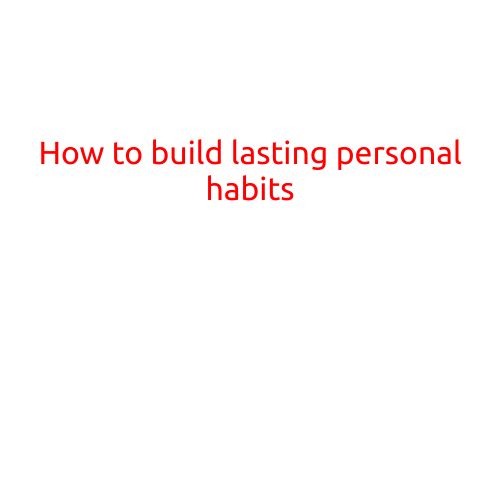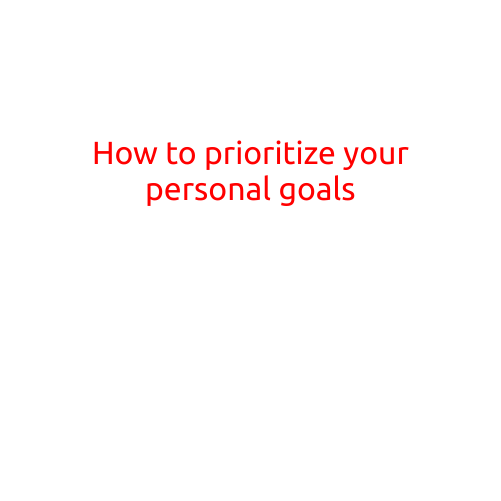
How to Improve Emotional Well-being
In today’s fast-paced and often stressful world, it’s easy to neglect our emotional well-being. However, maintaining a healthy emotional state is crucial for our overall well-being and happiness. Emotional well-being is the foundation upon which we build our relationships, careers, and overall life. It’s the ability to feel good, manage stress, and cope with challenges in a productive and healthy way.
In this article, we’ll explore some simple and effective ways to improve your emotional well-being. By incorporating these tips into your daily routine, you’ll be better equipped to handle life’s ups and downs and cultivate a more positive and fulfilling life.
1. Practice Mindfulness
Mindfulness is the practice of being present in the moment, without judgment or distraction. It’s a powerful tool for managing stress and anxiety, and can be used in daily activities such as eating, walking, or even doing the dishes. To practice mindfulness, take a few minutes each day to focus on your breath, body, or surroundings. Notice your thoughts and emotions without judgment, and gently bring your attention back to the present moment.
2. Connect with Nature
Connecting with nature has been shown to have numerous physical and mental health benefits, from reducing stress and anxiety to improving mood and overall well-being. Spend time outdoors, whether it’s walking, hiking, or simply sitting in a park or garden. Take notice of the sights, sounds, and smells of nature, and allow yourself to feel a sense of calm and peace.
3. Practice Gratitude
Practicing gratitude is a simple yet powerful way to shift your focus away from negative thoughts and cultivate a more positive mindset. Take a few minutes each day to reflect on the things you’re grateful for, whether it’s a good cup of coffee, a beautiful sunset, or a supportive friend. Write them down in a gratitude journal, or share them with a friend or loved one.
4. Engage in Activities You Enjoy
Doing things you enjoy is essential for emotional well-being. Whether it’s reading, painting, or playing music, make time for activities that bring you joy and fulfillment. Doing so will help you feel more engaged and motivated, and provide a sense of purpose and accomplishment.
5. Practice Self-Care
Self-care is not selfish, it’s essential. Take care of your physical, emotional, and mental health by getting enough sleep, eating a balanced diet, and engaging in regular exercise. Treat yourself to activities that nourish your mind, body, and soul, such as getting a massage, taking a relaxing bath, or practicing meditation or yoga.
6. Build Strong Relationships
Strong social connections are crucial for emotional well-being. Nurture your relationships with loved ones, friends, and community, and make an effort to connect with others regularly. Practice active listening, empathy, and understanding, and prioritize building trust and intimacy in your relationships.
7. Practice Forgiveness
Holding onto grudges and resentment can weigh heavily on our emotional well-being. Practice forgiveness by letting go of negative emotions and thoughts, and choosing to release the past. This doesn’t mean forgetting or condoning, but rather releasing the emotional burden of resentment and anger.
8. Take Breaks and Practice Self-Compassion
Taking breaks and practicing self-compassion are essential for emotional well-being. Allow yourself to take time off from stressful situations or activities, and practice kindness and understanding towards yourself. Acknowledge that everyone makes mistakes, and treat yourself with the same kindness and compassion you would offer to a friend.
9. Practice Emotional Regulation
Emotional regulation is the ability to manage and regulate our emotions in a healthy and constructive way. Practice emotional regulation by identifying your emotions, acknowledging them, and taking steps to manage them. Use deep breathing, physical activity, or creative expression to regulate your emotions and reduce stress.
10. Seek Professional Help
Finally, don’t be afraid to seek professional help if you’re struggling with emotional well-being. Whether it’s a therapist, counselor, or coach, seeking support from a trained professional can provide you with the tools and guidance you need to improve your emotional well-being.
In conclusion, improving emotional well-being takes time, effort, and commitment. By incorporating these simple yet effective tips into your daily routine, you’ll be better equipped to handle life’s challenges, cultivate a more positive and fulfilling life, and achieve emotional balance and well-being. Remember to be patient and kind to yourself, and celebrate your small wins along the way. With time and practice, you’ll be on your way to a happier, healthier, and more fulfilling life.





